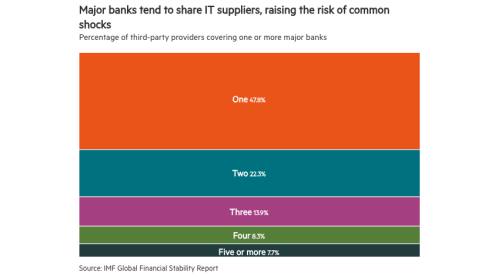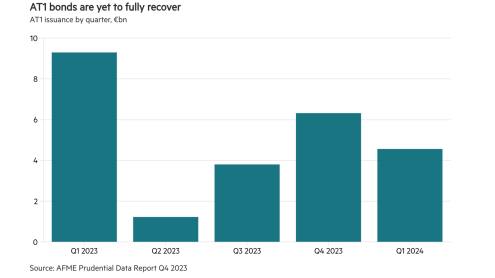Thailand’s banks remain more vulnerable to Covid-19 than Asian peers because of the country’s reliance on tourism, its widening economic imbalances, and high household and corporate leverage, according to S&P Global.
The Thai baht has gone from being one of Asia’s strongest currencies before the pandemic to one of its worst performers this year because of the impact of Covid-19 on Thailand’s crucial tourism sector, which made up about 12% of gross domestic product before the crisis.
The Thai currency has fallen more than 10% against the US dollar since the start of the year, making it one of the worst-performing currencies in the world.
“The current challenging environment will hurt the debt-servicing ability of small and medium-sized enterprises (SMEs) and low-income households. It is also leading to a build-up in economic imbalances and a further rise in corporate and household leverage, increasing vulnerabilities for banks,” says Deepali Seth-Chhabria, an analyst at S&P Global.
According to S&P, credit risk is already heightened because of high household and corporate debts, as well as relaxed bank lending and underwriting standards. Thailand’s household leverage — at 89% — is among the highest in emerging markets.
Return on assets at leading Thai banks fell last year as the pandemic took its toll.
Economic weakness accompanied by job losses in the tourism and general commercial sectors could lead to higher loan delinquencies, according to Ms Seth-Chhabria. In the tricky operating environment caused by Covid-19, export-oriented SMEs are also vulnerable getting squeezed by more efficient manufacturers in neighbouring Vietnam and Cambodia.
Leading Thai banks saw a slight deterioration in their non-performing loan (NPL) ratios between 2019 and 2020, according to The Banker Database. The exception was Krung Thai Bank, which saw its NPL ratio improve a little, going from 4.33% to 3.81%.
S&P Global forecasts that banks’ asset quality will weaken further over the next 12-24 months and anticipates the sector’s NPL ratio could rise to 6%, the highest level since the 2009 global financial crisis.
Trends identified using The Banker Database, an online database providing comprehensive financial data and insight for 4,000 of the world's leading banks in 190 countries. Contact us.











